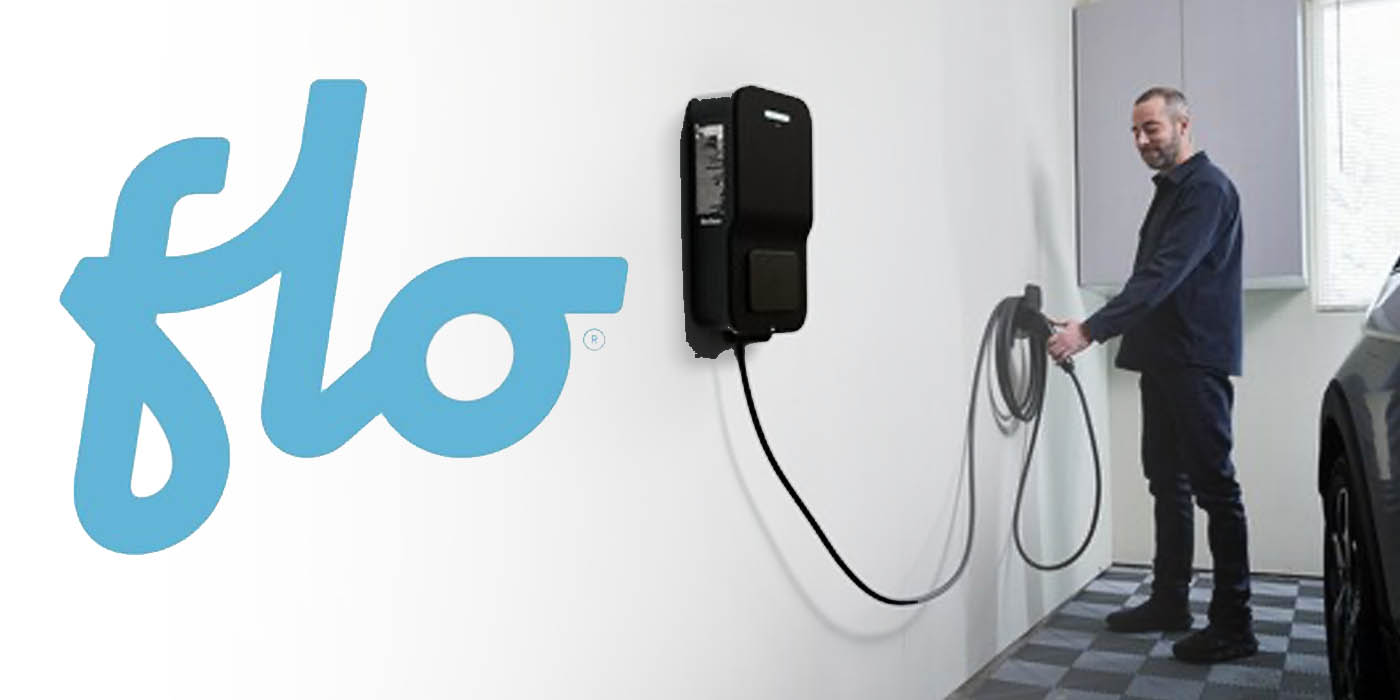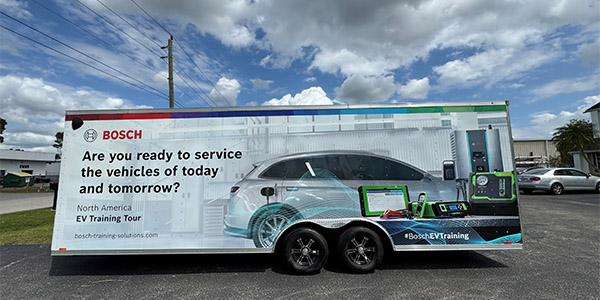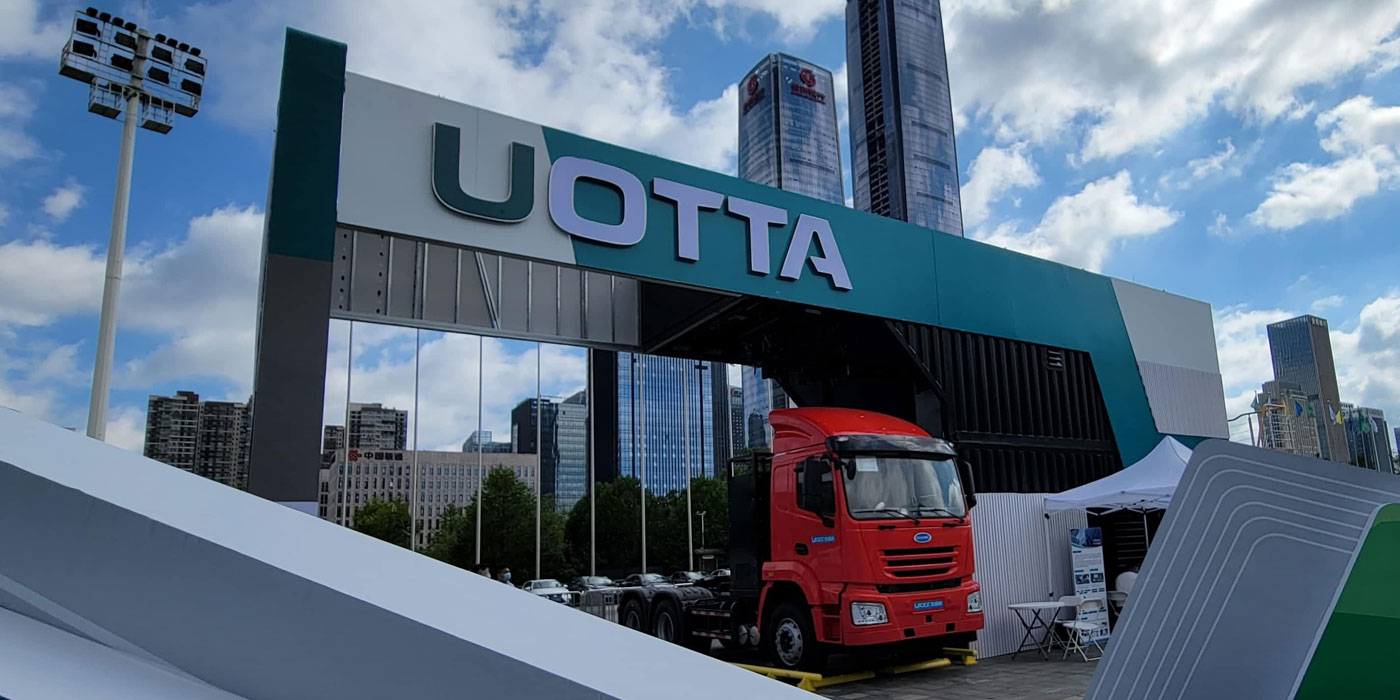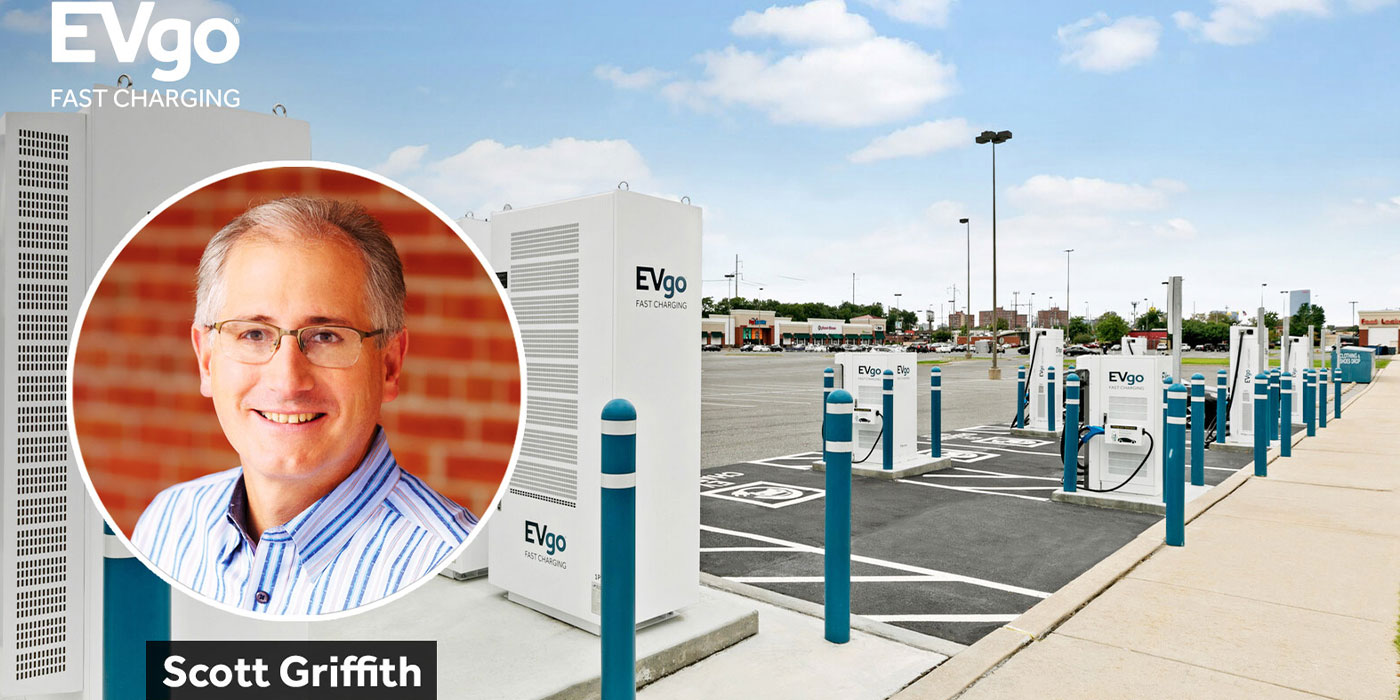A new study from Bain & Company reveals that 55% of large businesses have made commitments to circularity, but a linear mindset is preventing them from truly embedding it into their businesses. Bain’s research shows more than half of the circular initiatives businesses pursue are narrowly confined to recycling or waste management strategies, rather than embracing the full suite of technologies and business models needed for a circular economy—include re-engineering products to last longer, embracing repairability, adopting leasing models, reducing virgin material use and providing complimentary services throughout the lifecycle of a product. These are among the finding of Bain’s new brief, Strategy in a Circular World, which is based on a survey of 400 leading organizations, the company said. “Executives will need to shift their mindsets to replace linear business models by decoupling growth from resource consumption,” said Jenny Davis-Peccoud, partner at Bain & Company and global head of the firm’s Sustainability & Responsibility practice. “Companies have started by improving recycling and waste management. To accelerate progress, they will need to embrace new technologies and reconfigure their value chains. For example, companies investing in recyclable PET bottles are now also investing in recycling infrastructure to improve access to circular materials.”Circularity leaders monitor for turning points to assess the moments at which infrastructure, regulation and consumer behavior signal the acceleration of the circular economy. For example, in the electric vehicles industry, manufacturers’ growing portfolio of electric models and the development of charging infrastructure are both signposts of consumer acceptance. Being attuned to these developments enables executives to invest in circularity at the right time, the company said. “In a world of increasingly impactful environmental regulation, raw material scarcities, trade tensions and global supply chain disruptions, circular solutions can provide continuity,” said Hernan Saenz, partner at Bain & Company and global head of the firm’s performance improvement practice. “The ability to link circular strategies to business objectives and understand the industry’s future profit pools will be key to unlocking value. Executives need both the vision to imagine a circular future for their industry and the initiative to convert that into concrete action today.”The study identifies three sources of circular value companies should consider.














